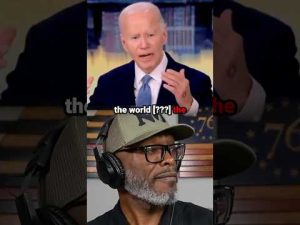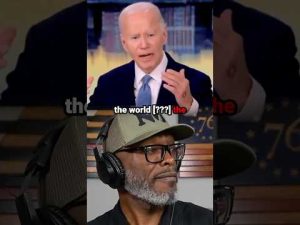In the latest tête-à-tête on who gets to don the crown of public opinion, it seems the liberal elite are in yet another pickle, demonstrating their uncanny ability to simultaneously embrace and refute the notion of freedom of speech. In an episode worthy of a Saturday night skit, the collective gasp from one side of the political aisle as Jimmy Kimmel faces the proverbial chopping block contrasts sharply with the silence—or worse, glee—when it came to right-wing figures meeting similar fates. But comedy can be a double-edged sword, as Jimmy Kimmel is discovering now.
The narrative here unfolds with a controversial monologue by Jimmy Kimmel about Charlie Kirk, a well-known conservative commentator. This led to Kimmel’s suspension by ABC, sparking a significant reaction. Ironically, it shines a light on what some describe as an underlying hypocrisy. The same voices that railed against deplatforming or professed deep concern over free speech offer little empathy here, where careers are directly affected. Instead, a million-dollar-man shaking up the airwaves generates more outcry.
In the main ring, we have Jimmy Kimmel, who previously enjoyed a front-row seat to the downfall of his conservative contemporaries, now facing criticism of his own. With no shortage of schadenfreude at his disposal in times past, Kimmel laughingly joined the cacophony when Tucker Carlson was shown the door. Yet, as with all good comedic timing, life’s joke seems to have come full circle. The request for him to vacate his late-night throne is being echoed, much to his fans’ dismay.
Meanwhile, Ricky Gervais swoops in with his British wit, disdainfully dismissing the fan base’s cry to keep Kimmel under the spotlight. With characteristic candor, he points to the self-inflicted predicament many have come to recognize today. It’s a peculiar turn of events when those who freely roasted and relished the de-platforming before are now decrying the same actions against one of their own.
Finally, it’s worth noting the rather lukewarm reactions from other celebrities. Rainn Wilson’s colorful commentary on his liberal friends provides a window into a world where whispers of “good riddance” echo louder than calls for justice or fairness. It leaves one wondering, is this really the best time to cherry-pick whose narrative reigns supreme? For now, the stage remains incomplete without one clear conclusion: in the theatre of modern politics, hypocrisy often steals the show.







